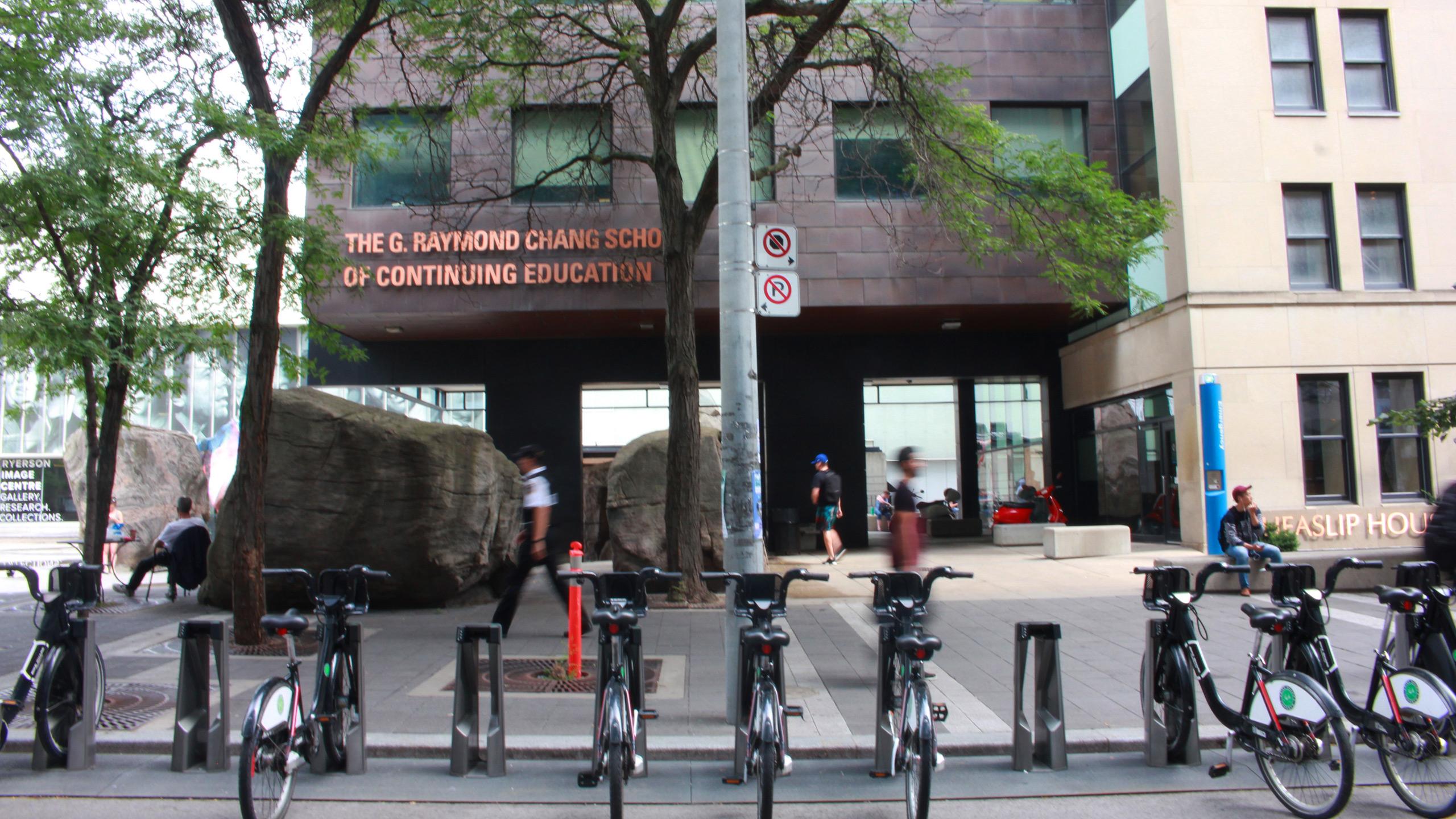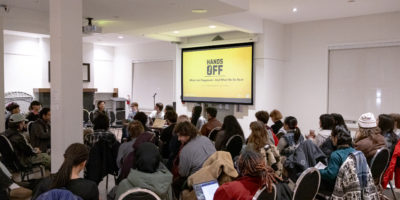By Mah Noor Mubarik
Two Ryerson University students were acclaimed as Chang School senators in the 2019 elections.
It’s the ninth year that there has been no competition among students running, meaning the one or both of two senate seats were either acclaimed—taken with no election—or left empty.
“Everyone knows that it’s an issue, and no one has an answer on how to solve this issue. That’s beyond an issue. That’s beyond a concern. At that point it’s a part of the system,” said River-Jordan Allick, a student senator for the Continuing Education Student Association of Ryerson (CESAR).
The senate is the academic decision-making body at Ryerson. It’s responsible for overseeing all program curriculums, standards of admission to the university and awarding degrees and certificates. It also establishes and makes decisions on academic policies.
There were no elections held for the past nine years because the senate didn’t receive enough nominations from the Chang School student body, according to the Administrative Assistant to the Secretary of Senate, Lucia Stewart.
River contacted the senate, the Chang School and fellow senators to figure out why the Chang School student senate seats were empty for the last senate term.
“I found a lot of people were aware, but not a lot of people were looking into it. And for me that’s sending too many mixed signals,” River said.
“There is nothing I can add other than I cannot speak to the past. I started in this role in July 2018. I ran my first student senator elections as Secretary of Senate this March 2019 and based on those results we have two CE Student Senators,” said Donna Bell, the secretary of Senate in an emailed statement.
There will be two Chang School student senators for the 2019-2020 term. But there still weren’t enough nominations for an election to be held for those seats.
According to Jacob Circo, a senator for the faculty of community services at Ryerson, the lack of awareness is what could hinder people from running for the positions.
“It’s hard to find out about these things, the [Ryerson Students’ Union] is out there—you know it’s happening. But for senate and board of governors there’s always unfortunately like a two per cent turnout of the whole school that votes,” said Circo.
According to the 2019-2020 election results for the senate, each faculty had a participation rate of less than 10 per cent.
Circo is both a Chang School and undergraduate student, because of this, under bylaws he can’t run to be a Chang School student senator.
When he ran for senate, 199 students voted out of the 7831 students in the faculty—a participation rate of 2.6 per cent.
Circo said there is no campaign budget for student senators and he had to spend money out of his own pocket, which he believes is another factor discouraging Chang School students from running.
“You don’t get a budget so you’re on your own, spending for your own campaign,” he said.
Branka Halilovic, the executive director of operations at Chang School, created a senate elections document which outlined what the senate is, and stated two positions were open to Chang School students. The document was sent to CESAR executives in February suggesting they send it to their members to encourage them to consider running for positions in the senate.
Halilovic and the Dean of the Chang School have ongoing meetings with CESAR executives either every month or every other month depending on schedulability to talk about projects and initiatives, and Ryerson’s policies. During those meetings she said they also talk about encouraging Chang School students to participate in the senate.













Leave a Reply